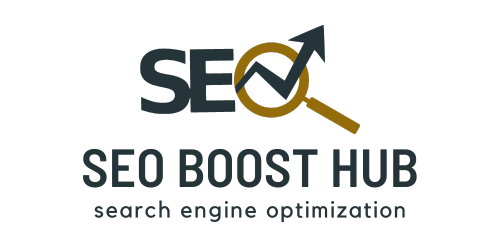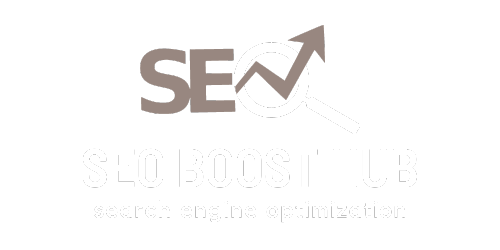Google Ads Keyword Analysis: A Guide to Boosting Ad Performance
Google Ads keyword analysis is fundamental to creating successful ad campaigns. It helps in selecting the right keywords to ensure that ads reach the intended audience, driving relevant traffic and conversions. This article provides a comprehensive look at how to perform effective keyword analysis, covering essential tools and strategies to help you improve your Google Ads campaigns.
What is Keyword Analysis in Google Ads?
In Google Ads, keyword analysis involves identifying, researching, and evaluating keywords to find the most effective terms for targeting audiences in a campaign. The right keywords increase ad relevance, drive higher click-through rates (CTR), and ultimately lead to better returns on investment (ROI).
Why Keyword Analysis is Essential for Google Ads Success
1. Increases Ad Relevance
- Choosing relevant keywords ensures your ads align with what users are actively searching for. Higher relevance leads to better quality scores, improving ad rank and reducing cost-per-click (CPC).
2. Improves CTR
- Targeting the right keywords helps increase CTR by ensuring ads appear to users who are more likely to click on them.
3. Maximizes ROI
- By targeting high-intent keywords, you drive more qualified leads to your site, maximizing ad spend.
Steps to Conduct Effective Keyword Analysis in Google Ads
1. Identify Core Topics and Themes
- Start with broad topics related to your business, like “digital marketing services” or “online fitness programs.” Break down these themes into specific keywords that potential customers might search for.
2. Use Google’s Keyword Planner
- Google Keyword Planner is an essential tool for keyword analysis, providing valuable data on search volumes, competition, and suggested bids. Enter your core topics, and Google Keyword Planner will generate a list of relevant keyword ideas.
3. Analyze Competitor Keywords
- Competitive keyword analysis helps uncover keywords that competitors are successfully using. SEMrush and Ahrefs are excellent tools for discovering competitor keywords and identifying gaps in your keyword strategy.
4. Focus on Long-Tail Keywords
- Long-tail keywords (e.g., “affordable SEO services for small businesses”) often have lower competition and a more targeted audience, leading to better CTR and ROI.
5. Segment Keywords by User Intent
- Group keywords into categories based on intent—informational, navigational, and transactional. Target transactional keywords to drive conversions, while informational keywords can attract users at the top of the funnel.
6. Refine with Negative Keywords
- Identify irrelevant keywords and add them as negative keywords in Google Ads to prevent your ad from appearing in unrelated searches, reducing wasted ad spend.
Tools for Keyword Analysis in Google Ads
1. Google Keyword Planner
- Provides data on search volume, competition, and CPC for keywords, ideal for initial research.
2. SEMrush
- Analyzes competitor keywords and provides keyword suggestions based on industry trends, making it valuable for uncovering competitive opportunities.
3. Ahrefs
- Offers extensive data on keyword difficulty, search volume, and click-through rates (CTR), helping refine your keyword strategy.
4. Ubersuggest
- This tool offers keyword suggestions, search volume data, and CPC estimates, making it suitable for finding new keyword ideas.
5. SpyFu
- Allows users to spy on competitors’ keywords, ad copy, and monthly budgets, offering deep insights into effective keywords in your industry.
Tips for Ongoing Keyword Optimization
Keyword analysis in Google Ads is an ongoing process. Here are a few tips for maintaining optimized keyword lists:
- Monitor Performance Regularly: Check which keywords are driving the most clicks, conversions, and have the best CTR.
- Refine Negative Keywords: Update your negative keyword list based on new insights to further filter irrelevant traffic.
- A/B Test Ads with Different Keywords: Testing ad groups with different sets of keywords helps you identify high-performing keywords.
- Adjust Bids for High-Performing Keywords: Increase bids on keywords that drive conversions to gain more visibility.
Measuring the Success of Your Keyword Strategy
To ensure your keyword strategy is effective, use Google Ads’ built-in reporting and analytics features:
- Quality Score: A higher score indicates that your keywords are highly relevant to your ads and landing pages.
- Conversion Tracking: Analyze which keywords drive conversions to maximize your budget allocation.
- CTR Analysis: CTR data helps evaluate the relevance of your ads. High CTR often correlates with better keyword targeting.
- Cost-Per-Conversion: Lowering cost-per-conversion helps improve ROI. Focus on keywords that drive conversions at a lower cost.












